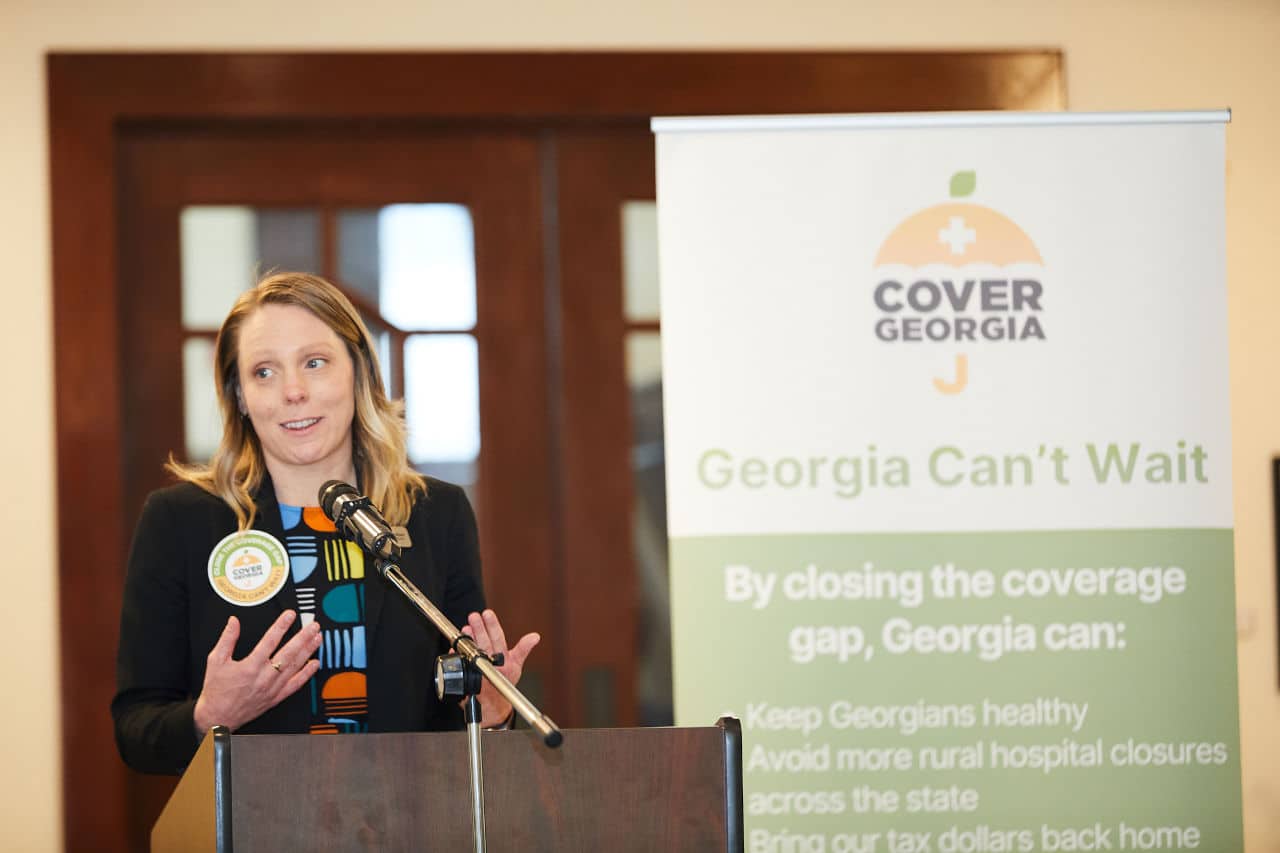Expanding Medicaid could create between 30,000 and 60,000 jobs, increase state and local tax revenues by $110 million annually, and bring in $3 billion each year in federal funds. It would also promote greater labor force participation and potentially reduce state spending on mental health and substance use treatments.
Medicaid expansion could stabilize rural hospitals by providing them with a significant new revenue stream, reducing the amount of uncompensated care they provide. Since 2013, nine rural hospitals have closed in Georgia, highlighting the financial challenges faced without Medicaid expansion.
Yes, approximately 25% of the uninsured Georgians who would benefit from Medicaid expansion suffer from mental illness or substance use disorders. Expanding Medicaid would increase access to treatment services, as evidenced by other states like Kentucky, which saw a significant increase in service usage post-expansion.
Georgia can pursue a traditional Medicaid expansion through a state plan amendment or opt for a Section 1115 waiver, which allows for specific program modifications. Both methods aim to increase eligibility to 138% of the poverty level and improve overall health outcomes.

